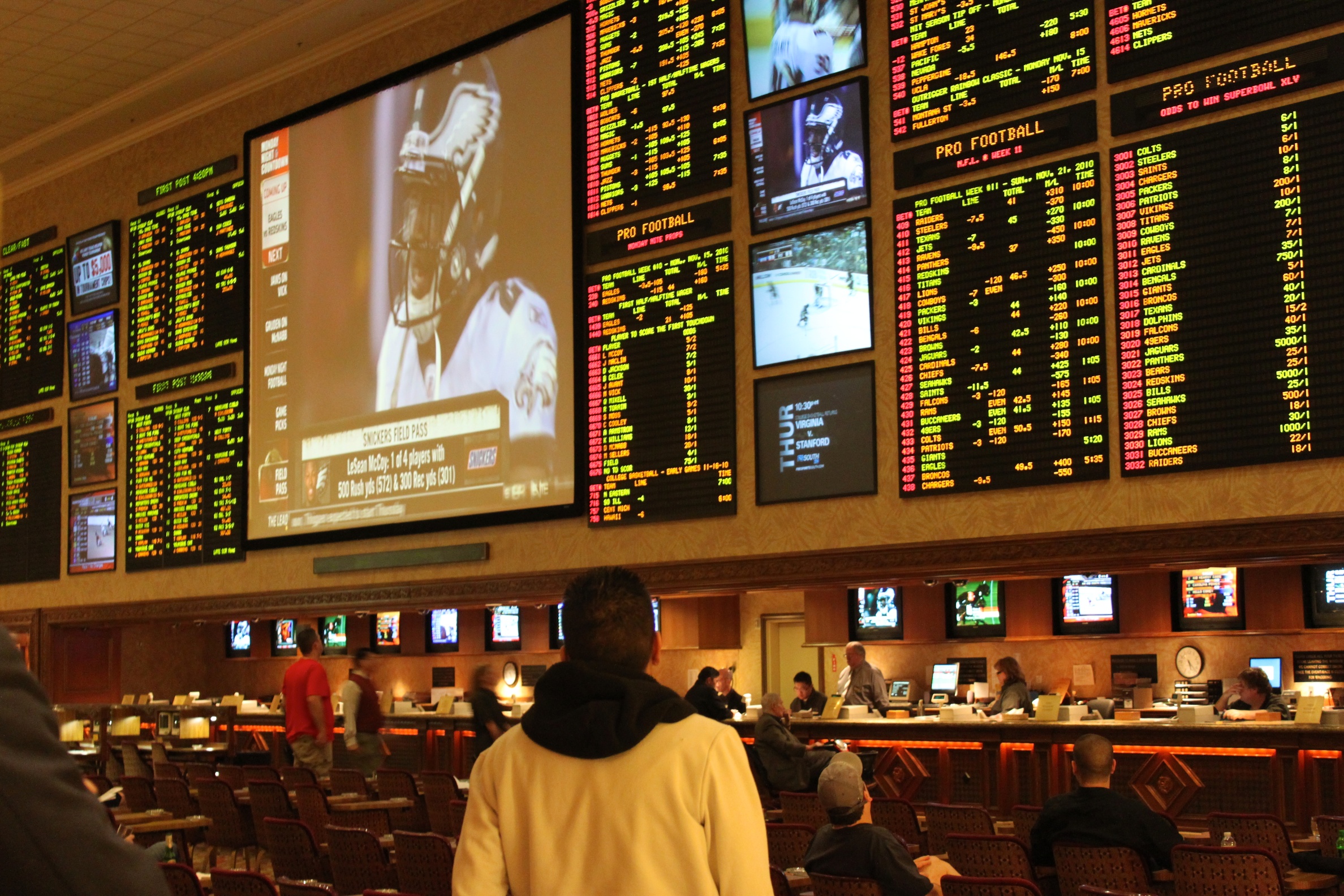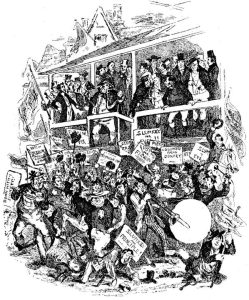The Count: The (White) House always wins
by Myles Lowenberg | October 31, 2024

The more observant cosmopolitans among you may have noticed that a country across the world called the “United States” will be having an election soon. Now, there’s no reason why provincial affairs like that would affect a centre of world influence like the UK, but for curiosity’s sake, I thought I’d give you a bit of context. The top complaint that Americans have about their elections is that they are too boring and low stakes. It’s hard to even pay attention to the news because of how little happens in an election cycle and how boring the individual politicians are. Republicans and Democrats typically get along with each other so well they’re pretty much in the same party. Luckily, there’s a time-honoured way to make a snoozefest like this more fun: gambling.
When I bet on Tim Walz being picked as Vice President this summer, it was only sort of illegal. In the UK, there’s not many restrictions to gambling on politics, but it’s a relatively new thing in the States. The main website for betting on US elections in the US is PredictIt, which got its initial approval to operate as a research project for a university in New Zealand. While I was betting, that innocent little “research project” was technically illegal under US law due to ethics concerns or whatever. I can’t think of any. Luckily, some truly kind hearted appeals court judge who loves fun froze the ban temporarily, and it looks like PredictIt is here to stay.
PredictIt is a prediction market, so you can buy “shares” in things like election results you think will happen. Basically, the odds are determined by community demand, and you can cash out at any time. I was a bit of a chicken and cashed out on the Kamala shares I bought with my summer job money after I made a nice profit off them while everyone was still talking about how she was “brat.” It looks like I sold at the top, because her odds of winning according to the markets have gone down precipitously since I got rid of my shares. Sorry.
The branding here is telling: the website is called “PredictIt,” and it’s not a gambling site—please, please don’t say it’s a gambling site, especially if the United States Fifth Circuit Court of Appeals is in earshot. The main websites bill themselves as “prediction markets.” This is what the whole idea of buying and selling shares that affect the overall odds is rooted in: the pundits are morons and the polls are wrong, so why not try to predict events like an election by asking people to make a tangible risk like betting money if they feel confident in an outcome?
You already know politics columnists are all semi-conscious at most and have little toy monkeys with cymbals in their heads instead of brains—I’m living proof—but the decline of polling, the other thing people used to predict elections, might turn out to be important in the prediction markets’ entirely altruistic quests to be legalised. Polling relies on calling a statistically representative sample of people through landlines, which worked well enough back when there was coke in Coca Cola, but today hardly anybody answers a landline, and certain people are more likely to than others, so polling, while not useless, becomes steadily less valuable. What’s interesting is that the polling models put the election at almost exactly 50-50 while prediction markets are giving Trump around a 2/3 chance of winning. I’m sure everybody on Twitter will appreciate after the election that this was a relatively minor difference in odds and will not draw conclusions about whether one of the two is a total scam based on a sample size of one election.
Politics and sports are converging on both being team sports with a lot of mutual hatred, funny mascots, and an uncomfortable number of war-related metaphors. If sports betting is any indicator, it seems likely that as political betting becomes less illegal, the kindly Kiwi universities that just want to help us predict things will be overtaken by larger companies like Kalashi which are already advertising at Trump rallies to help take the money of political partisans of all stripes off their hands. I’ll keep enjoying the hopeful early days of political gambling, when people really do believe there’s a chance this could be socially helpful—but if my sports betting track record is any indicator, I’ll eventually be parted with my money, too. ∎
Words by Myles Lowenberg. Image Courtesy of Baishampayan Ghose via Flickr.




